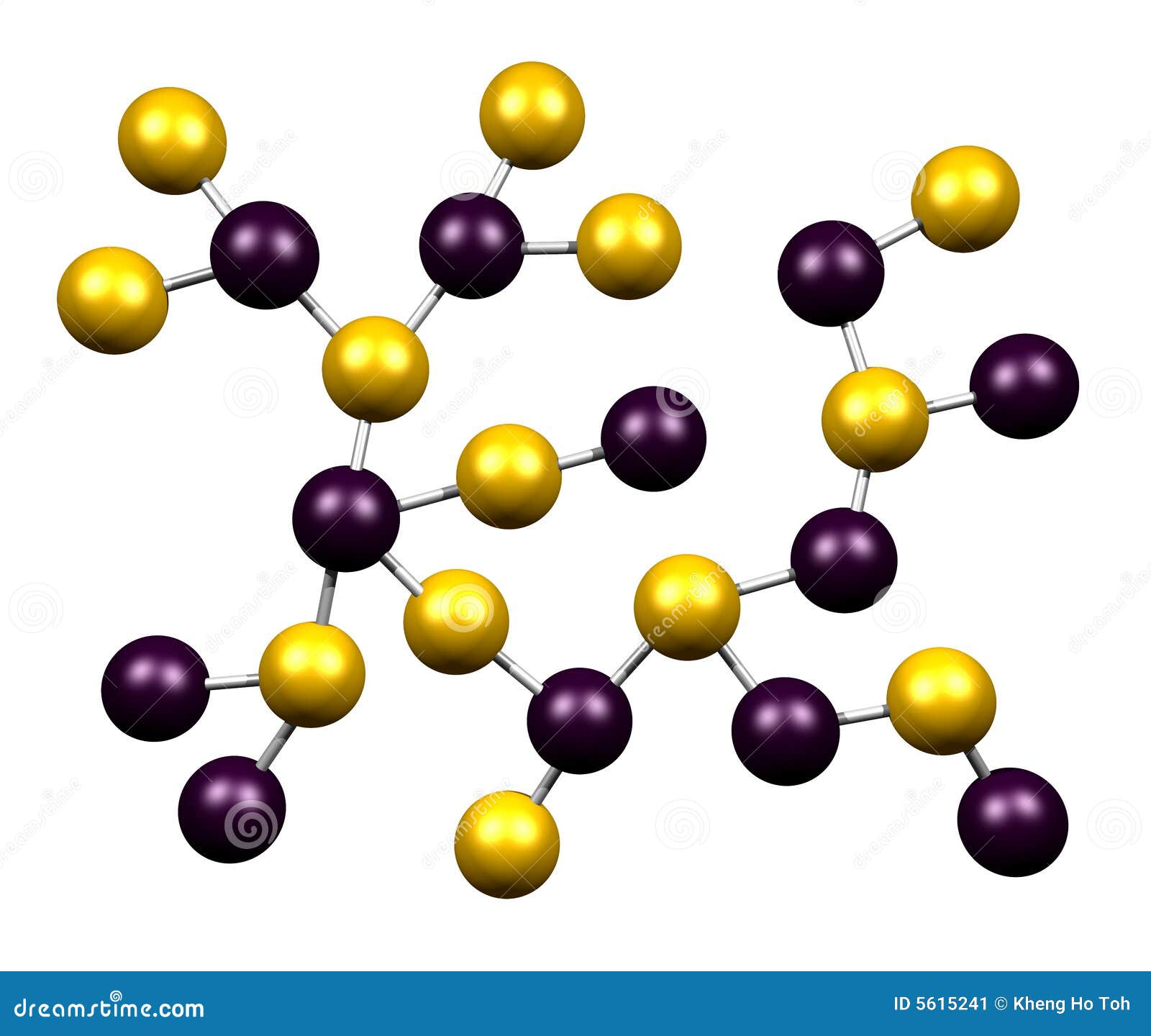

2022 Ozone, a highly reactive three- atom oxygen molecule that damages lung tissues, is formed in the atmosphere when various pollutants undergo chemical transformation in the presence of sunlight.īrian Maffly, The Salt Lake Tribune, 13 Apr. 2022 No fossil evidence suggests that a giant ground sloth ever composed a symphony or that a Devonian fish split the atom even once. Jennifer Leman, Popular Mechanics, 27 Apr. Moneyshow, Forbes, Eventually the atom will settle down into a stable state, where the region around the missing electron is marked by a scar-a place where an electron should be but isn’t.įrank Wilczek, WSJ, Essentially, if the team can direct the accelerating atom along a specific trajectory, it will be shielded from some of the side-effects of the stimulation. 2022 Currently, the ion-trap method uses a significant number of lasers to manipulate the ytterbium atom, which is something that is not sustainable long-term. Joanna Thompson, Scientific American, 15 June 2022 The wavelength that won the contest was designated as the natural resonance frequency of the atom. Joshua Hawkins, BGR, 18 July 2022 Rather than being emitted as electrons, a small fraction of the decaying atom’s energy had apparently vanished. Trillions and trillions of neutrinos are emitted by the sun every second.Recent Examples on the Web This limit is essentially the atom’s actual oscillation. They are like electrons without any charge and are usually travelling at the speed of light.

Neutrino - Neutrinos are formed by nuclear reactions.There are 6 types of quarks: up, down, top, bottom, charm, and strange. They were discovered in 1964 by Murray Gell-Mann. Quarks are nearly impossible to detect and it's only recently that scientists figured out they existed. The positive protons cancel out the negative electrons. Quark - The quark is a really small particle that makes up neutrons and protons. In other words, it has an equal number of protons and electrons.The number of neutrons affects the mass and the radioactivity of the atom. Electrons are much smaller than neutrons and protons. If there are the same number of electrons and protons in an atom, then the atom is said to have a neutral charge.Įlectrons are attracted to the nucleus by the positive charge of the protons. Electrons spin so fast around the nucleus, scientists can never be 100% sure where they are located, but scientists can make estimates of where electrons should be. The electron is a negatively charged particle that spins around the outside of the nucleus. The hydrogen atom is unique in that it only has a single proton and no neutron in its nucleus. The proton is a positively charged particle that is located at the center of the atom in the nucleus. The electrons spin in orbits around the outside of the nucleus. The nucleus is made up of the protons and neutrons. But the nucleus is very hard to split, meaning most atoms are around for a long time.Īt the center of the atom is the nucleus. They can change and undergo chemical reactions, sharing electrons with other atoms. There are 92 natural elements and up to 118 when you count in man-made elements.Ītoms last a long time, in most cases forever. Each different kind of atom makes up an element. There are different kinds of atoms based on the number of electrons, protons, and neutrons each atom contains. The atoms are defined as the smallest constituents of ordinary matter, which can be divided without releasing electrically charged particles. Suffice it to say that the number is trillions and trillions (and then some more).

There are so many atoms in a single human body we won't even try to write the number here. It takes a lot of atoms to make up anything. Atoms fit together with other atoms to make up matter. The basic particles that make up an atom are electrons, protons, and neutrons. Atoms are extremely small and are made up of a few even smaller particles. The atom is the basic building block for all matter in the universe.


 0 kommentar(er)
0 kommentar(er)
